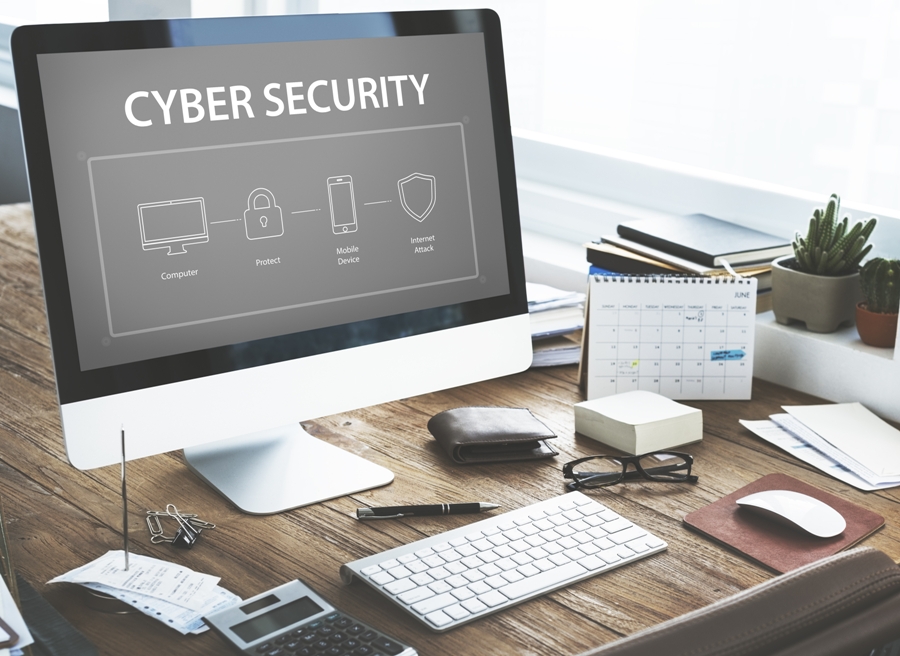If you own and run a company or act as an IT network manager, you’re probably well aware of cyber threats and the impact they can have on your business. Viruses and malware are more advanced than they’ve ever been so now is the time to make sure your network is protected.

Here we’re going to let you in on a few tricks of the trade, allowing you to step up your IT security.
Just Say No to Flash Drives
Any company or organisation that routinely deals in sensitive information will actively prevent staff from using removable storage drives to download or upload data to a computer.
When such a device is plugged in to a USB port, nothing happens. The drive remains undetected and therefore inaccessible. This may sound extreme but staff rarely have the need to be taking files off your corporate servers, especially now that everything is networked and can be accessed from anywhere.
Invest in Good Network Security
For those viruses that find other ways to infect your network, you’re going to have to go one step further to combat them. If you haven’t already done so, invest in a comprehensive anti-virus suite that can be rolled out across your computer network. Some companies such as Mailcleaner even offer cloud based services which usually work out to be cheaper. We suggest you scour the marketplace and find the right solution for your needs.
These services provide real-time protection for email accounts so that suspicious and malicious emails are automatically filtered and removed before they arrive in inboxes. Your corporate accounts will remain safe and spam free with the right software.
Actively Block Certain Websites
Your staff will rarely have the need to access the internet unless for work purposes. Consider blocking all non-work related websites that employees shouldn’t need to access from their computers during work hours. This includes private email accounts which are a source of viruses as well as other suspicious websites.
Change Those Passwords
Any good network administrator will force all employees to change their passwords at least every month. No two passwords can be used twice in row, meaning that staff are prevented from becoming complacent. All passwords should contain a multitude of different characters.
Don’t Allow Yourself to be Hacked
Hacking can take on many forms. The reason for a hacking attack is to put you out of business so you need to ensure your firewalls are up to date and can prevent unwanted access. The types of attack to protect for include;
- Denial of service attacks which prevent anyone from accessing your corporate website by bombarding it with terabytes of data at once so the server hosting it collapses.
- Hacking into your network to remove the administrator rights of your IT management team, leaving the attacker to take whatever information they want.
- Gaining access to data that isn’t encrypted.
There is no reason to find yourself caught out. There are several methods you should be actively employing to protect your IT network, one is rarely enough.
Consider the damage that could be caused by sensitive information being leaked from your business and prevent it from happening by beefing up security.

